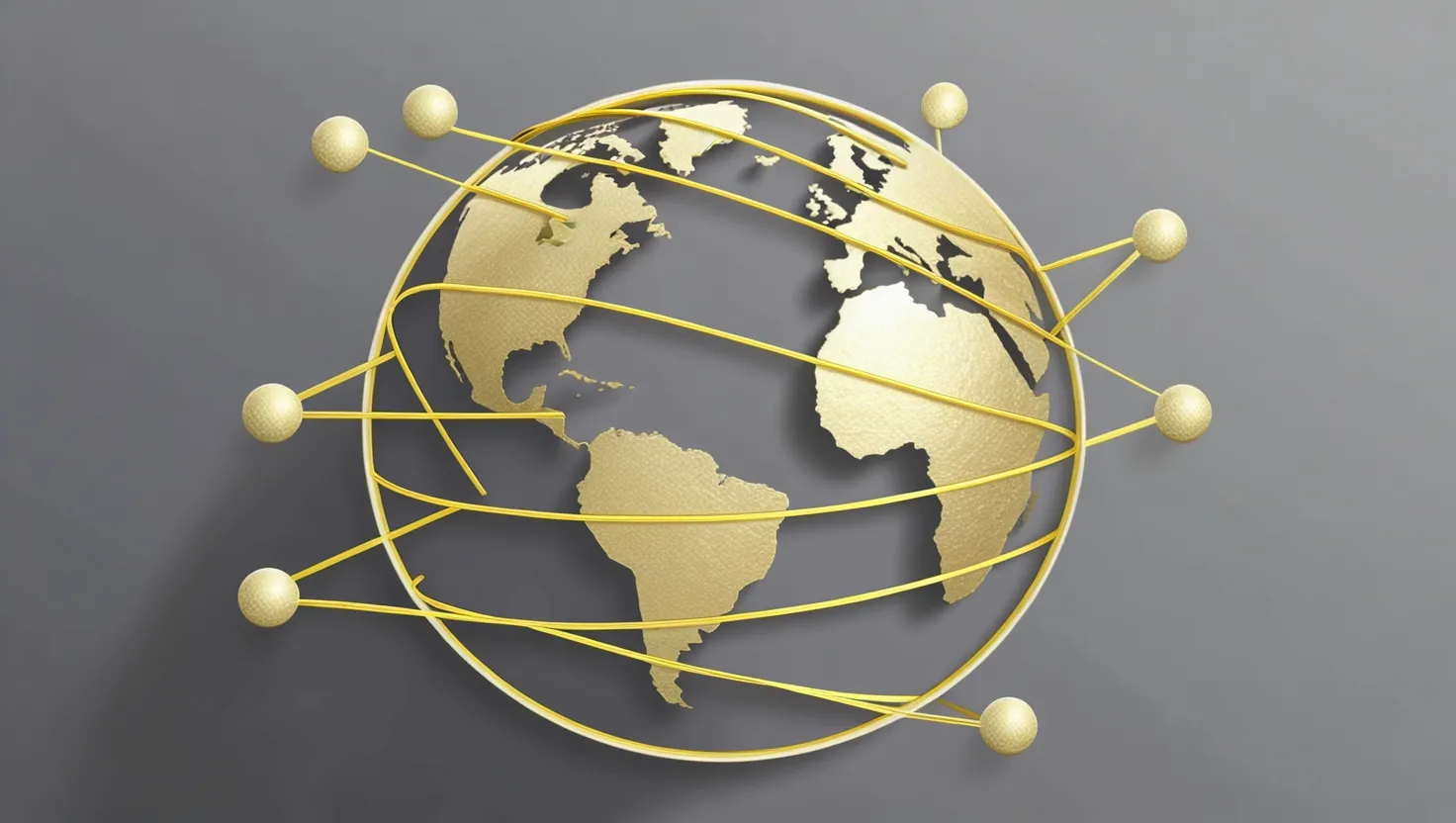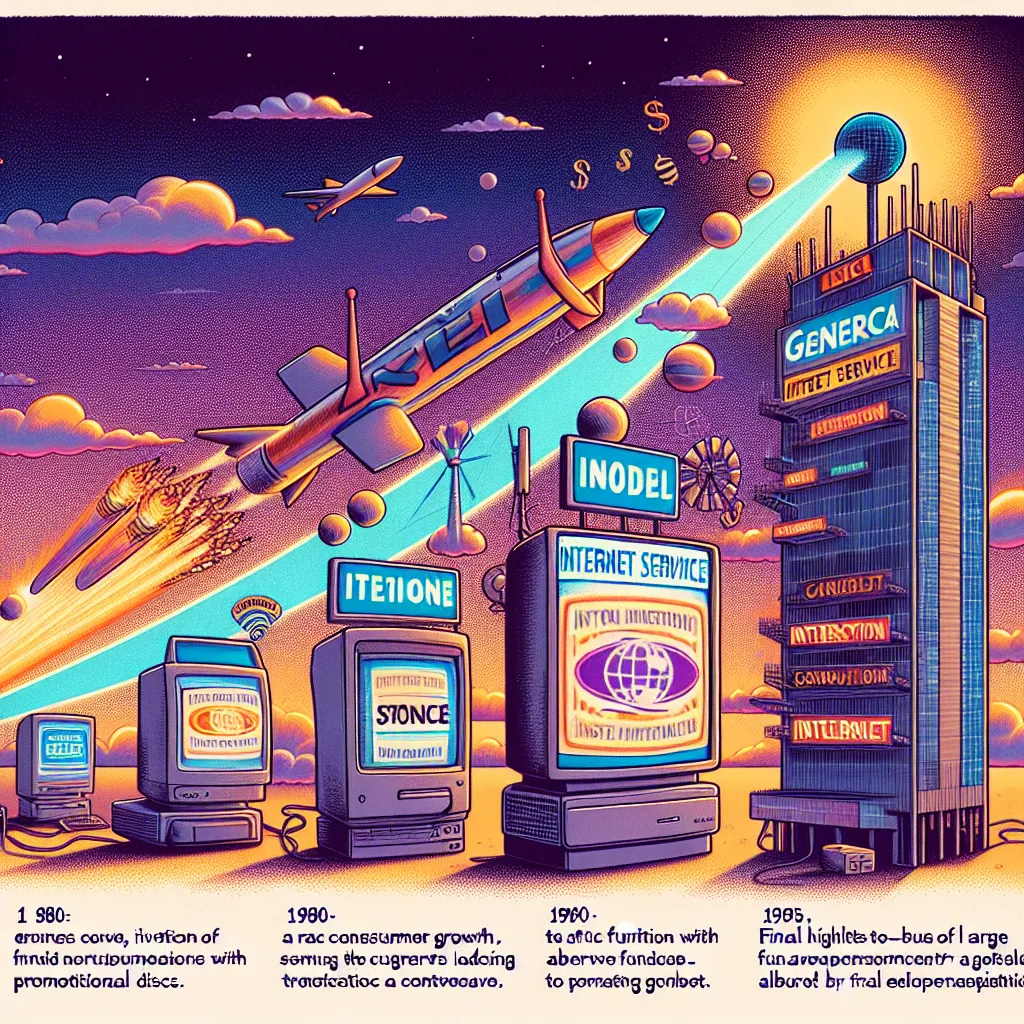Ever wonder how grand structures like the pyramids were built centuries ago? Turns out, it’s all ‘cause of religious influence. Historians and social scientists have found that religion isn’t just about faith and rituals; it’s a concept that shapes worldviews, behavior, and in turn, societies and their economic systems. So, let’s take a closer look at how religion has shaped the economic development of various nations and societies over time.
There are loads of factors that impact the economy of a nation, and religion is definitely one of them. Religion affects people’s preferences since various religions have their own practices and guidelines. These preferences seep into their daily lives, and this eventually impacts the economic and political systems around them. Social scientists have been observing this link for a while now.
Take Max Weber, a renowned German sociologist, for example. In his work “The Protestant Ethic and the Spirit of Capitalism,” he argued that the Protestant ethic was key to the economic success of Protestant groups in early European capitalism. Why? Well, the Protestant tenets suggested that worldly success was a sign of eternal salvation. It meant that working hard and achieving success was not just about building wealth in the present but also about proving one’s worth for the afterlife. This belief drove them towards entrepreneurship. Protestant elites invested the money they made back into industries. It’s no shock that the early industrializing countries were majority Protestant.
Sure, it’s a bit simplistic to say religion alone made the industrial revolution happen - many other factors contributed too. But the link between religion and economic development can’t be ignored. Another cool link observed by social scientists is between the financial concept of interest lending and religion. Ancient societies, especially in the ancient Near East, which includes parts of West Asia and the East Mediterranean, actually encouraged interest lending. They believed inanimate matter was alive and capable of reproducing, like plants. So, lending food or money and charging interest was considered fine, as the money was seen as growing just like planted seeds.
On the flip side, some religious beliefs led to financial systems that forbade interest. Abrahamic religions, which started amidst persecution, needed strong communal bonds. The Old Testament viewed making a profit off a loan as exploitative and against God’s covenant. Islam had similar sentiments - borrowing and lending were social things aimed at helping others. This led to a ban on interest in some societies. Interestingly, this ban or limitation often made societies better at commerce in medieval times through concepts like joint ventures and venture capitalism. Merchants and traders collaborated more closely and shared profits and losses, fostering cooperation and innovation. However, it could be argued that banning interest might slow commercial innovations, as the time to realize gains could be lengthy.
Understanding religion’s influence on finance helps us appreciate how it shaped history. Now, let’s dive deeper into larger religious groups and see how their belief systems and economics are linked without judging or criticizing.
Starting with Christianity, the west’s current outlook ties in with religious evolution. Joseph Henrich’s book “The WEIRDest People in the World” delves into this, portraying Westerners as WEIRD - Western, Educated, Industrialized, Rich, and Democratic. He links this to Christian teachings during Medieval times. Rules related to incest, polygamy, and living arrangements were enforced to extend church influence and build its assets, inadvertently making European societies more individualistic and cooperative. This independence helped spark entrepreneurship and led to economic and political revolutions.
Max Weber’s link between Protestantism and liberal capitalism shows that seeds of this ‘WEIRD’ psychology were already planted during the high middle ages. The Protestant Reformation didn’t create a new mindset; it reinforced existing ones. Protestant work ethics legitimatized a viewpoint focusing on individual success, a precursor to market capitalism.
Contrast that with Eastern Europe, where Eastern Orthodoxy often impeded free-market capitalism. Its communal values and introspective theology, stemming from Hellenic traditions, differed from Catholicism’s individualism. This communal inclination made Eastern Europe more receptive to communism in the 20th century. Prominent Russian thinker Nikolai Berdyaev noted how Eastern Orthodoxy’s communal nature shaped left-leaning political views, fostering an environment conducive to communist regimes.
Religious values, though important, are just one factor. In predominantly Catholic countries like Spain and Italy, fascism emerged but didn’t develop genocidal tendencies to the same extent as Germany. Political, social, and historical factors, along with religious values, influenced these varying outcomes.
Now, think about Ancient Egypt and how religion shaped their economies. The Pyramids, built with immense costs, were possible due to their religion-structured economies. The Pharaoh, a living deity, was central to their economic system, justifying a centralized economy. Goods and services were collected and redistributed by the Pharaoh, showcasing how religion justified their economic models.
East Asia presents another angle. Confucianism, a major philosophical system there, also influenced economic success. Confucianism shunned excessive profit, contrasting capitalism’s pursuits. But this philosophy generated a strong sense of duty and responsibility, which motivated capitalist behaviors when capitalism was later introduced. Migrant workers, driven by a sense of obligation to their families, channeled their energies towards meaningful life endeavors, supporting loved ones and fulfilling societal duties rather than seeking personal profit.
This sense of duty fueled an entrepreneurial spirit, similar to the Calvinistic work ethic in the West, emphasizing responsibilities over profit. The impact was a society driven by obligations, fostering a unique capitalist environment.
Turning to Islamic civilizations, the Golden Age of Islam marked a productive period with significant contributions in various fields. Muslim thinkers made groundbreaking innovations, and societies were rich and urbanized. However, modern disparities exist, with some Muslim-majority countries lagging in development metrics, while others, like Turkey, the UAE, and Malaysia, show high development and innovation.
Some argue that this decline results from Western imperialism, yet successful Muslim countries also faced imperialism. Internal changes and doctrinal shifts seem more influential. After the 12th century, significant scholars emerged in Europe, with some decline observed earlier in the Muslim world. The rise of Ash’arism, emphasizing theology over philosophy, impacted intellectual and cultural lives, discouraging questioning and innovation.
Medieval Islam endorsed scholarship, with the Quran encouraging literacy. But political and theological shifts led to a decline in innovation, exacerbated by invasions disrupting trade. Despite this, the Golden Age left a rich legacy of innovation and cultural exchange.
Today, the economic landscape of Muslim-majority countries is diverse, with some achieving great wealth and success while others face challenges. The intertwined nature of religion, governance, and economic outcomes reveals the lasting influence of religious beliefs on development.
Overall, religion and economics are deeply linked. Religion shapes values and behaviors, influencing economic and political systems. The impact of religion becomes less visible as societies secularize, but it still influences development in complex ways. This relationship explains why different societies have diverse economic practices and highlights the role of religion in shaping the world.






